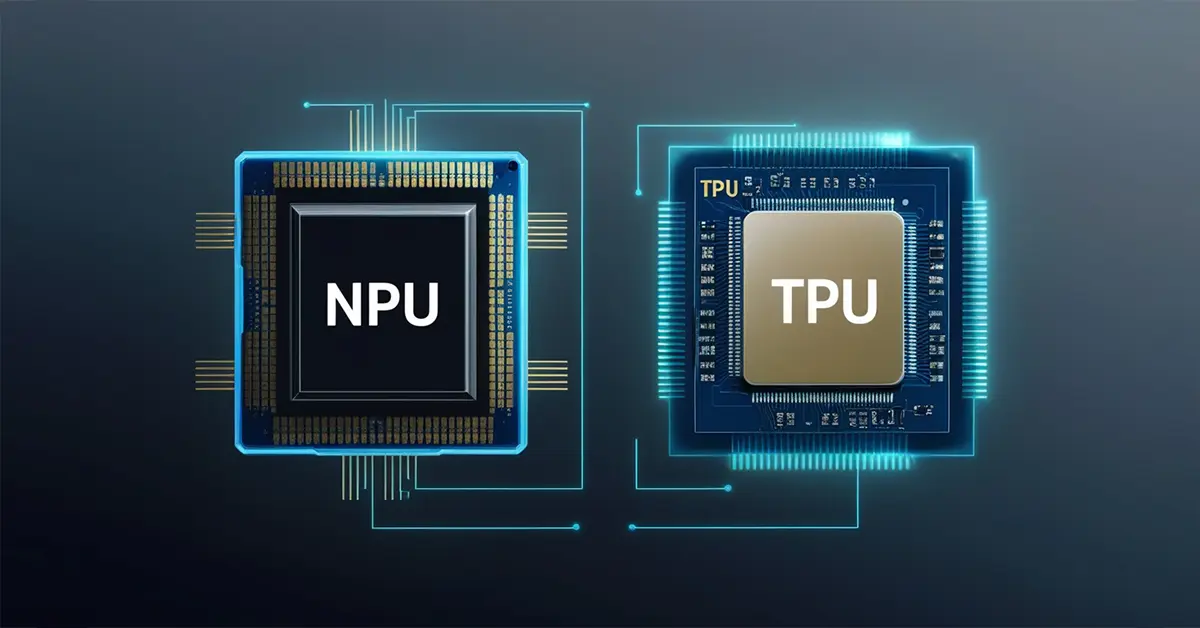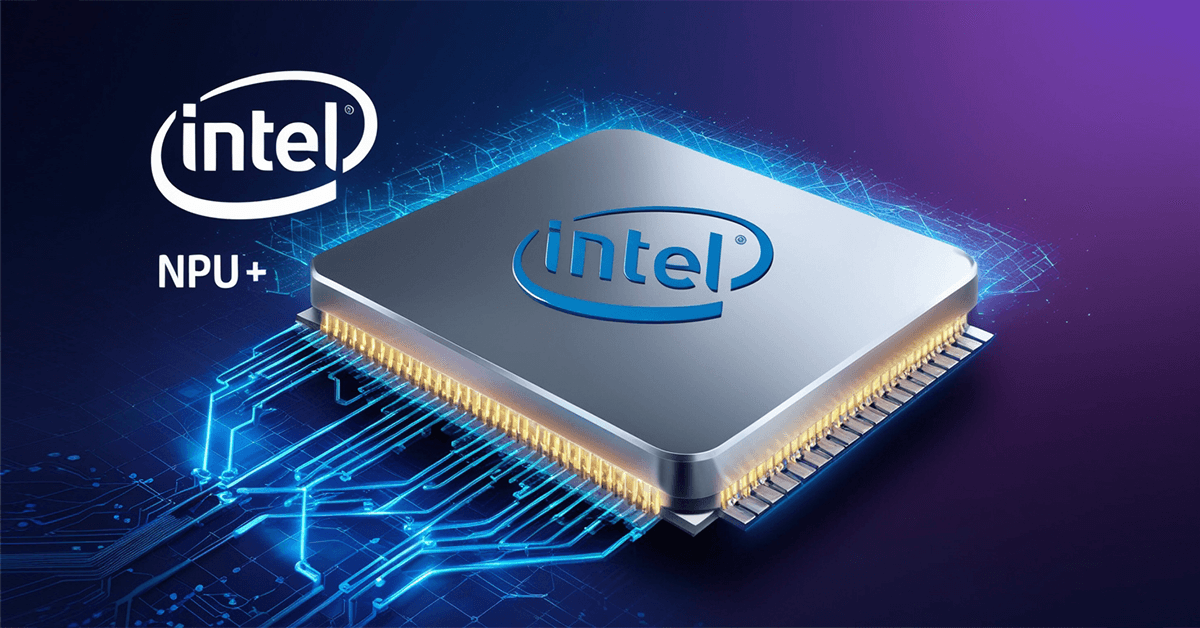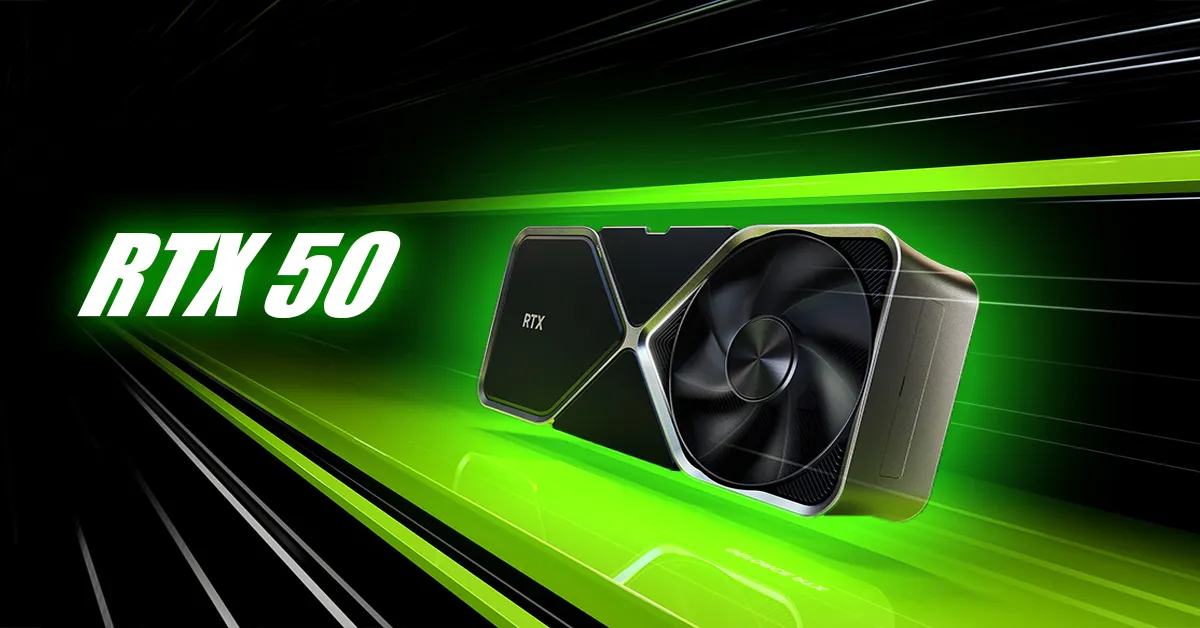Table of Contents
Alright, folks, let’s dive into the world of smart TVs and figure out if those Linux-based options are worth your hard-earned cash. With the market flooded with various smart TV options, making the right choice can be a bit overwhelming. So, grab a snack, sit back, and let’s unravel the mysteries of Linux-based TVs together.
What is a Linux-Based TV?
Understanding the Basics
First things first, what exactly is a Linux-based TV? Simply put, it’s a smart TV that runs on the Linux operating system. Unlike your typical smart TVs running on Android or proprietary systems like Samsung’s Tizen or LG’s webOS, these TVs harness the power and flexibility of Linux.
Why Linux?
You might be wondering, why Linux? Linux is known for its stability, security, and customization capabilities. These features make it an appealing choice for tech enthusiasts and budget-conscious buyers alike.
The Cost Factor: Are Linux-Based TVs Cheaper?
Initial Purchase Price
One of the biggest draws of Linux-based TVs is their lower price point. Manufacturers can cut costs by using an open-source operating system like Linux, which translates to savings for you.
Long-Term Savings
But the savings don’t stop at the checkout counter. Linux-based TVs often have fewer pre-installed apps, meaning fewer resources are used, which can lead to a longer lifespan and reduced need for costly upgrades.
Performance and Usability
User Interface: Simple or Sophisticated?
Linux-based TVs generally offer a more stripped-down user interface compared to their Android counterparts. This simplicity can be a blessing or a curse, depending on your tech-savviness and what you expect from a smart TV.
Speed and Responsiveness
Thanks to its lightweight nature, Linux can provide a snappy and responsive experience. No one likes a sluggish TV, right?
Customization and Flexibility
Open-Source Benefits
One of the coolest things about Linux-based TVs is their open-source nature. You can tinker, customize, and tweak to your heart’s content. If you’re the type who likes to get under the hood, this is a massive plus.
App Availability
However, this flexibility comes with a trade-off. The app ecosystem for Linux-based TVs isn’t as robust as what you’d find on Android or other popular platforms. If you’re a streaming junkie, this might be a deal-breaker.
Security and Privacy
Fewer Security Vulnerabilities
Linux is renowned for its security. With fewer apps and a more secure OS, Linux-based TVs can be less prone to malware and security breaches.
Privacy Concerns
And let’s not forget about privacy. Linux-based TVs often collect less data compared to their competitors, giving you a bit more peace of mind in this data-driven world.
Content Compatibility
Streaming Services
Here’s where things get tricky. While you can access major streaming services on Linux-based TVs, the selection might not be as extensive. Make sure the TV supports your favorite services before making a purchase.
Media Playback
On the bright side, Linux-based TVs excel at local media playback. If you have a vast collection of movies, music, and photos, these TVs can handle them with ease.
Updates and Support
Software Updates
With Linux-based TVs, updates might not be as frequent or as user-friendly as on other platforms. This could mean missing out on the latest features or security patches.
Customer Support
Support can also be hit or miss. Some manufacturers offer excellent customer service, while others… not so much. Do your homework and check reviews before committing.
Energy Efficiency
Power Consumption
Linux-based TVs are generally more energy-efficient, thanks to their lightweight OS. Lower power consumption means a smaller electricity bill and a happier planet.
Eco-Friendly Choices
If you’re environmentally conscious, this is a nice bonus. Saving money and the environment? That’s a win-win.
Comparing Alternatives
Android TV
Android TVs offer a vast app ecosystem and seamless Google integration but can be pricier and more resource-intensive.
Roku TV
Roku TVs are user-friendly and have a rich app library, but they can be less customizable than Linux-based options.
Apple TV
Apple TV provides a premium experience with top-notch performance and app selection, but it comes with a hefty price tag.
Who Should Consider a Linux-Based TV?
Tech Enthusiasts
If you love customizing and tweaking your devices, a Linux-based TV could be your playground.
Budget-Conscious Buyers
If saving money is your top priority and you’re okay with a simpler interface, this could be the perfect fit.
Privacy Advocates
If privacy and security are your main concerns, a Linux-based TV offers peace of mind with less data collection.
Installation and Setup
Getting Started
Setting up a Linux-based TV can be straightforward or complex, depending on your familiarity with Linux. Most come with easy-to-follow instructions, but don’t be afraid to seek help if needed.
Customization Tips
Once set up, dive into the customization options. Adjust the interface, install your favorite apps, and make it truly yours.
Real User Experiences
Pros and Cons
Talk to current users or check out online forums. Real-world experiences can provide invaluable insights into the pros and cons of owning a Linux-based TV.
Common Issues
Be aware of common issues such as limited app support or occasional software quirks. Knowing what to expect can help you make an informed decision.
Conclusion
So, should you buy a Linux-based TV to save some money? It boils down to your priorities. If you’re looking for a budget-friendly, secure, and customizable option, a Linux-based TV could be a fantastic choice. However, if you crave a rich app ecosystem and cutting-edge features, you might want to explore other options. Ultimately, the best TV for you is the one that fits your needs and lifestyle.
And there you have it! Hopefully, this guide helps you navigate the world of Linux-based TVs and make a decision that suits your needs. Happy TV hunting!
FAQs
Can I install any app on a Linux-based TV?
Not exactly. The app selection is more limited compared to Android TVs, but you can still install many popular apps with some effort.
Are Linux-based TVs good for gaming?
They’re decent for casual gaming, but hardcore gamers might find the performance and app support lacking.
How often do Linux-based TVs receive updates?
It varies by manufacturer. Some offer regular updates, while others might not be as consistent.
Can I use voice assistants like Alexa or Google Assistant on a Linux-based TV?
Voice assistant support is limited and depends on the specific model and manufacturer.
Are Linux-based TVs compatible with all streaming services?
Not all. Major services like Netflix and YouTube are usually supported, but some niche services might not be available. Always check compatibility before buying.



